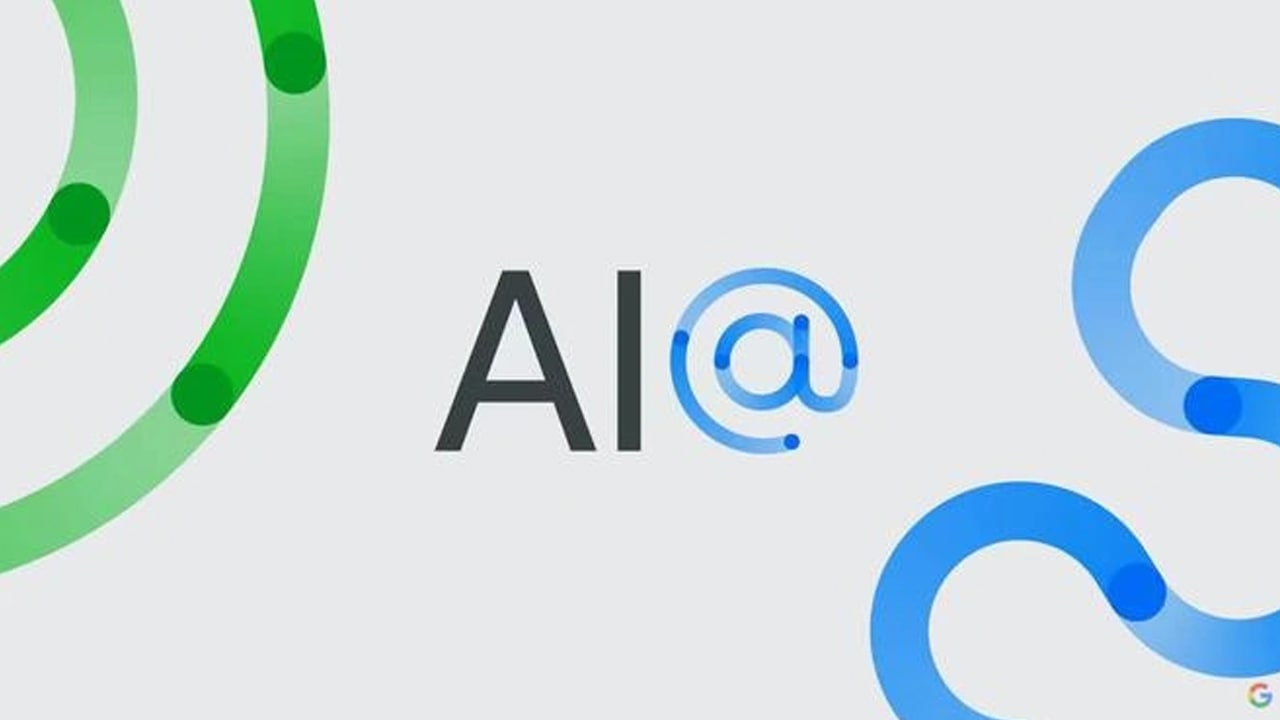A few days ago, Google announced the results of Google AI so far. According to Jeff Dean, Google was the first major company to publish and implement AI principles, and Google AI is currently delivering results in 3 transformative areas.
First, AI empowers 1,000 languages. Previously, Google announced the “Thousand Languages Project”, which promised to build an AI model that can support 1,000 of the most commonly used languages.
Join us on Telegram
Google currently develops a Universal Speech Model (USM) that supports more than 400 languages, and in close collaboration with researchers and organizations in Africa, Google recently announced the input of speech on Gboard for an additional 9 African languages to create and publish data.
Second, AI models make artistic expression more diverse. Imagen is a diffusion model for video sequences; Phenaki is a model for text cue sequences that can generate long and coherent videos. For the first time, Google shared super-resolution videos generated by AI technology. At the same time, in addition to 2D images, text to 3D has now become a reality.
 Third, use AI technology to address climate change and health challenges. According to Google, the wildfire tracking system has been launched in parts of the United States, Canada, Mexico, and Australia. Since July, it has reached more than 7 million in Google Search and Maps. This display effectively helps users and firefighters understand the fire situation.
Third, use AI technology to address climate change and health challenges. According to Google, the wildfire tracking system has been launched in parts of the United States, Canada, Mexico, and Australia. Since July, it has reached more than 7 million in Google Search and Maps. This display effectively helps users and firefighters understand the fire situation.
In terms of AI’s response to floods, another extreme climate disaster, Google recently announced that it will expand the coverage of its flood forecasting system to more countries in South America, sub-Saharan Africa, and South Asia.
At the same time, Google’s research group is currently studying how AI can be used to help read and analyze the output of low-cost ultrasound equipment, thereby helping expectant parents in low-resource areas detect problems early in pregnancy. In addition, the Google Health team is currently exploring how to use AI to allow users to detect breathing and heart rate from their mobile phones.



